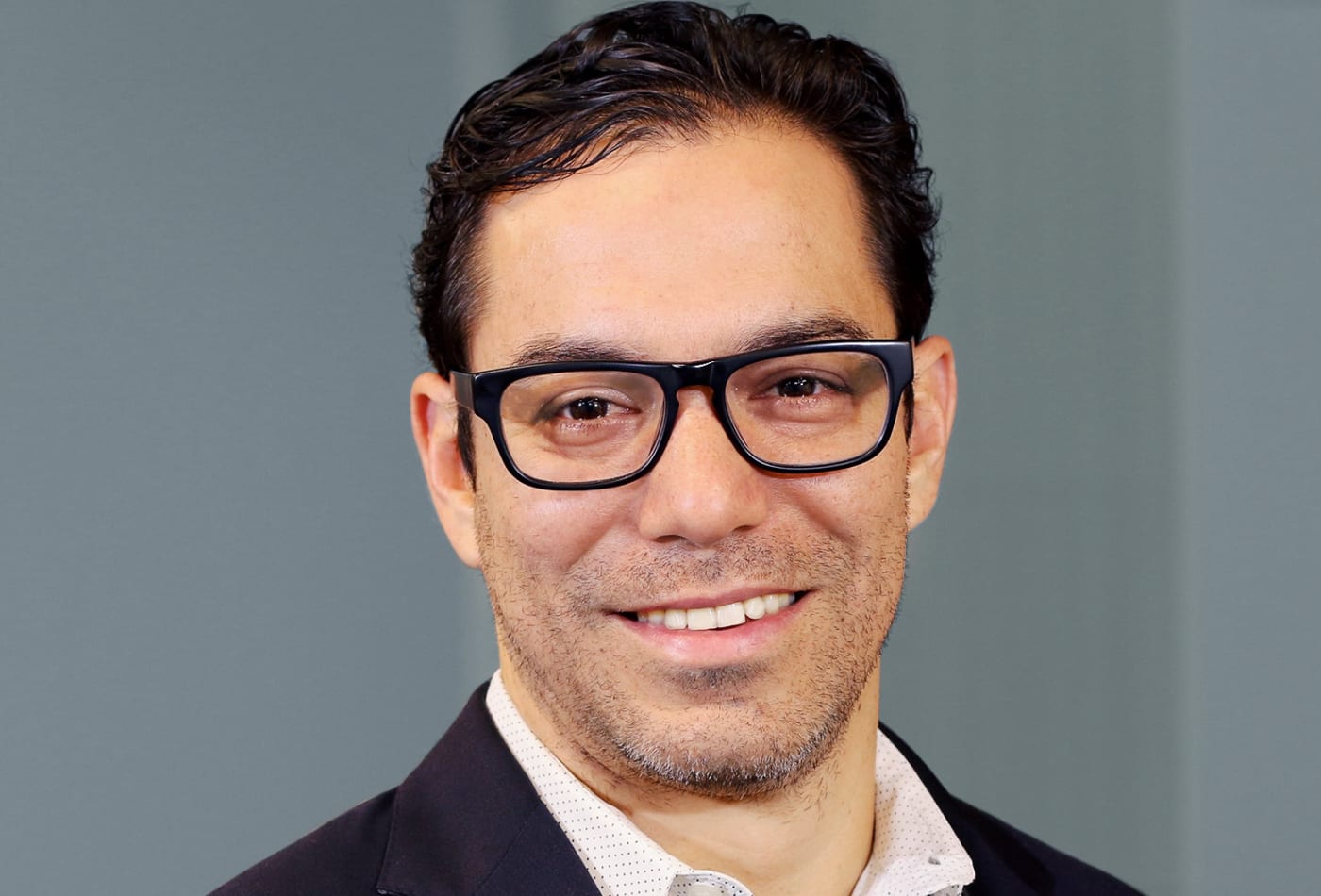Keboola is a company dedicated to helping companies better utilize data to grow their profits. Launched in 2011, the company brings together data storage, sharing, transformation, and science to create collaborative workspaces and workflow templates that can be deployed with only a few clicks.
By bringing together all these tools, Keboola, which began as an agency, offers smart automation and continuous security. The platform streamlines processes with integrated tools and to eliminate system bottlenecks that slow down productivity.
- During the pandemic year (2020), the customer base hit 175, growing by roughly 40 percent over 2019.
- The company achieved 111 percent net revenue retention over the past year with an annual revenue expansion of 31 percent.
- The company has engaged 400 engineers from the marketplace to create roughly 1,400 apps.
On Sept. 7, 2021, Latka sat down for an interview with 45-year-old Keboola CEO Pavel Dolezal to discuss the company’s growth. Keboola went from a 6-person team in 2015 that fell short of $500,000 ARR to a 56-person crew today that is quickly approaching $5 million.
Dolezal shares ownership of the company equally with co-founders Petr Simecek and Milan Veverka. Together, the team works to bring analytics and process automation to companies worldwide to change how they use their data and to create more efficiencies.
Customer Base Grows to 175 Customers During the Pandemic Year
Keboola’s growth has uniquely secured customers both before and during the pandemic, Dolezal said.
Prior to 2020, the company only took on customers via referrals from existing clients and contracts. This year, however, they have opened the possibility for online purchases. To do so, they divide customers into enterprise, SMB (which includes SaaS start-ups), and pay-as-you-go categories. Customers are charged based on the number of minutes they use per month.
Since 2019, the company has shown strong client growth. In 2020, Dolezal said, the company had approximately 125 customers. By allowing direct, online purchases, however, the company expanded that customer base by 40 percent, growing it to 175 clients by the time he spoke with Latka earlier this month.
Customer Growth Continues to Expand Revenue, Reaching $4.9 Million
On average, Dolezal said, Keboola’s customers have an annual contract value of $28,800 with the platform. That breaks down to roughly $2,400 per month per client, totaling $420,000 in monthly recurring revenue. This figure points to the company’s steadily increasing profitability since he joined the group, he said.
Over the past 7 years, Keboola has realized stable growth in its annual recurring revenue:
- 2015: $400,000
- 2018: $2,400,000
- 2019: $4,100,000
- 2020: $4,700,000
- 2021: $4,900,000
Despite a 20 Percent Churn, Keboola Saw Expanded Annual Revenue
Historically, Keboola’s churn rate has been low – between 8 percent to 10 percent. But, like everyone else, the company took a hit during the pandemic, Dolezal said. In 2020, 21 percent of its customer base either went bankrupt or pulled back on its spending. That change corresponded to a larger gross annual churn rate of 20 percent.
Since then, 30 percent of those clients who shuttered their business have been able to rebound and restart activities. As a result, Keboola secured a 31-percent increase in expanded annual revenue this year, leading to 111-percent net revenue retention.
Keboola Added 10 Sales Reps This Year – Why So Many So Fast?
Initially, the company did not have any significant sales presence – until December 2020, they only had one person responsible for sales efforts. As the online option for purchasing became available, though, that quickly changed.
Interest in the company’s pay-as-you-go model increased as did upselling efforts, and the company realized it needed more sales personnel. Satisfaction in Keboola was on the rise, and it was time to expand, he said. Today, Keboola has 10 sales representatives responsible for both inbound and outbound activities.
According to Dolezal, Keboola recently hired Paul Ganocki from ComputerAssociates (and, previously, Runecast) to be the company’s dedicated vice president of sales. He is using his sales expertise and experience to construct a quota system for all 10 sales representatives. A plan will be forthcoming.
Even though it will be costly at the outset, Dolezal said, there is a method behind hiring so many sales representatives at roughly the same time. The goal, he said, is to re-invest the company’s existing $600,000 in profits over the next six months to ensure continued growth and strengthening of the sales force.
Although it means operating in the red for a short time, he added, the company made the decision to pour the money into growth efforts rather than hold on to the cash that it safeguarded during the first year of the pandemic.
Keboola Encouraged 400+ Marketplace Engineers to Join 28 In-House Engineers
The rapidly expanding customer base from online sales resulted in significant project growth that has outpaced Keboola’s 28-person in-house engineering team. To strengthen the platform’s capabilities to meet customer demand, Dolezal said, the company has recruited more than 400 engineers from the marketplace to join its efforts.
The reason is two-fold, he explained during the interview. First, in many cases, these marketplace engineers are already working with Keboola clients, so they are better positioned to fulfill customer requests more quickly. Second, many customers are looking to build applications that can be implemented for internal company use.
As a result of collaborating with these 400-plus engineers, Keboola has been able to populate its marketplace with approximately 1,400 apps. Not only does this help companies build their own business, he said during the conversation, but it also helps with integration.
Keboola Has Bootstrapped Its Growth for 7 Years – Will It Continue?
From its launch in 2011, Keboola has opted for bootstrap growth over outside investment, Dolezal said. Currently, the company is constructing new features for developers within the DevOps pipeline, and those activities are generating considerable attention from interested potential investors.
But that does not necessarily signal a shift in Keboola’s funding. Company leadership has a high comfort level with bootstrapping, he said, and they are inclined to continue down that path. However, he added, over the next six months, the company will assess whether it can deploy more capital than it has. During the interview with Latka, he said, if that’s the case, they could consider outside investment.











